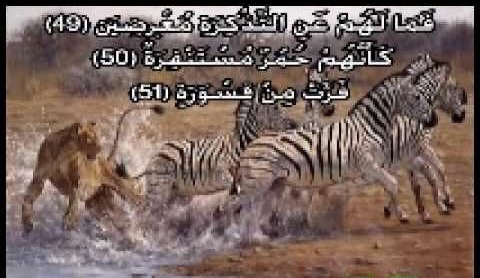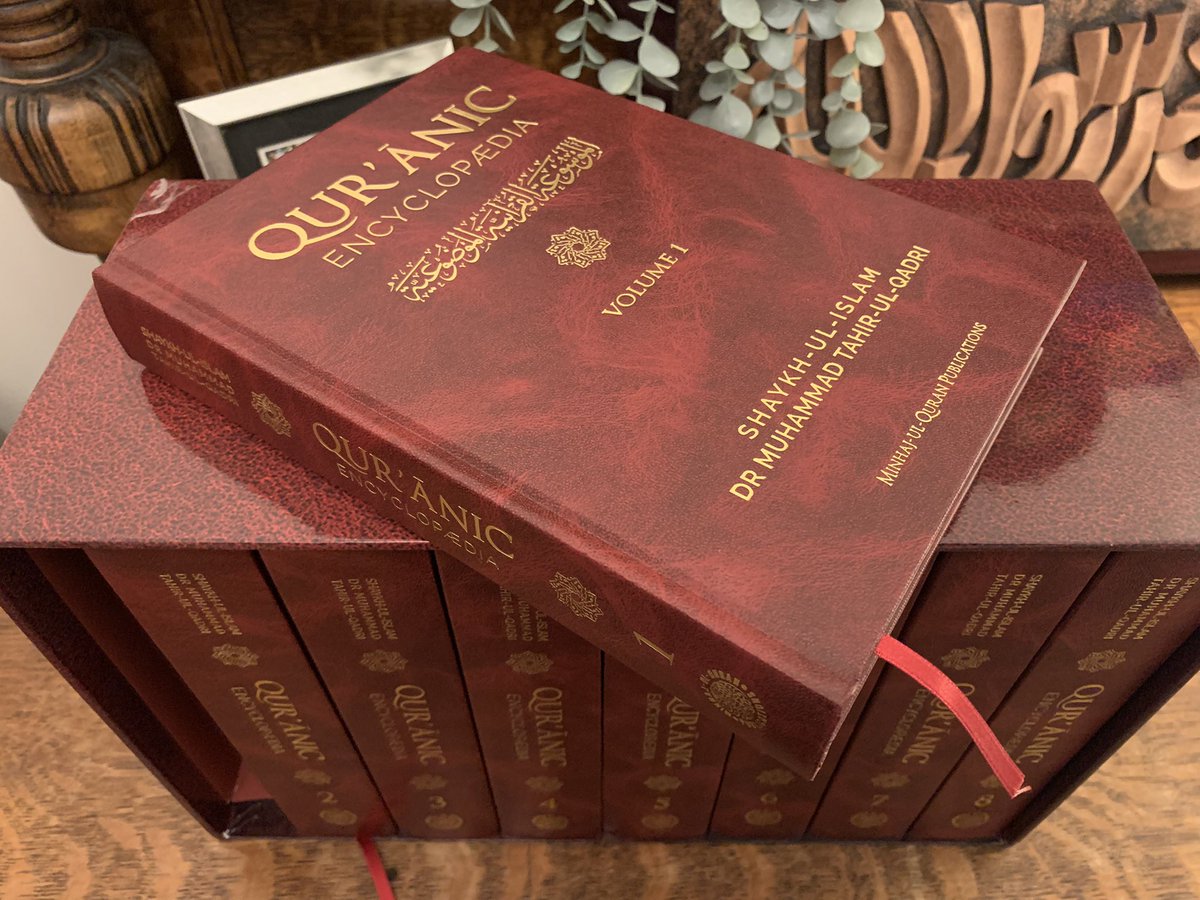
Scottish Azhari, Quran specialist. Director @IbnAshurCentre, Lecturer @UofGlasgow
5 subscribers
How to get URL link on X (Twitter) App



 You may know that I have translated from the tafsir of Imam Razi and others (Ibn Juzayy is on the way). I learned how to do this as excellently as possible. But I have grown in dissatisfaction at the whole idea of transposing an Arabic science into a foreign language directly.
You may know that I have translated from the tafsir of Imam Razi and others (Ibn Juzayy is on the way). I learned how to do this as excellently as possible. But I have grown in dissatisfaction at the whole idea of transposing an Arabic science into a foreign language directly.


 Before we get into the meaning of mustanfirah/mustanfarah, let’s clarify what species we have here. The exegetes clarify it is “wild donkeys/asses”, also called onagers. Though the term حمر الوحش is nowadays used for zebras, those weren’t known to the Arabs of the time.
Before we get into the meaning of mustanfirah/mustanfarah, let’s clarify what species we have here. The exegetes clarify it is “wild donkeys/asses”, also called onagers. Though the term حمر الوحش is nowadays used for zebras, those weren’t known to the Arabs of the time.
https://twitter.com/Kunta_Kinte786/status/1476477125142233088Already in the thread, I shared a few things from the mufassireen which get at the various angles of the question. What I’ll say here is based on 2 or more of those answers.


 After vol. 1 which is a detailed contents list, there are two parts. Vols. 2-5 present individual ayat under thematic subheadings with translation. This could be suitable for looking up topics, or going through systematically in addition to reading a standard mushaf/translation.
After vol. 1 which is a detailed contents list, there are two parts. Vols. 2-5 present individual ayat under thematic subheadings with translation. This could be suitable for looking up topics, or going through systematically in addition to reading a standard mushaf/translation. 

https://twitter.com/SafaiticBlog/status/1428622611089666050Along with the more evident reading of aḥwā as adjective for ghuthā’, Ālūsī notes an opinion that it’s a circumstantive for al-marʿā:


 The ascription of irādah to the wall (literally “wanting to collapse”) is one of the most famous examples of figurative speech in the Qur’an, in which the wall is personified, and “wanting” means it is *about to* crumble to pieces.
The ascription of irādah to the wall (literally “wanting to collapse”) is one of the most famous examples of figurative speech in the Qur’an, in which the wall is personified, and “wanting” means it is *about to* crumble to pieces.